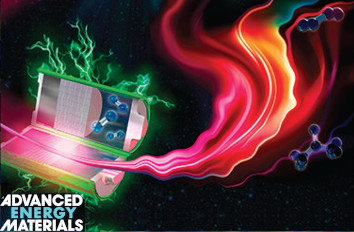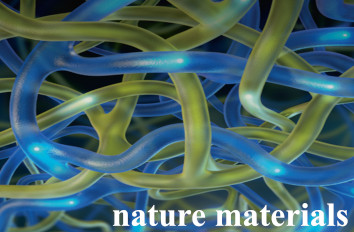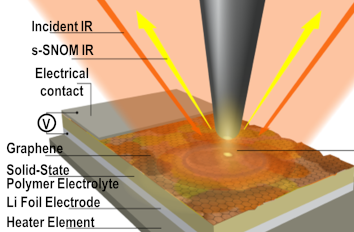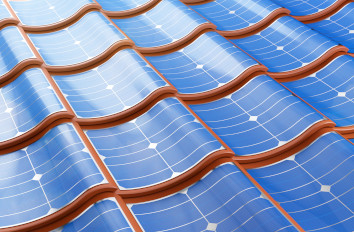
Novel Energy Materials
organic solar cells & next generation batteries
Nanoscale energy materials come with increased surface-to-volume ratio leading to extraordinary properties applicable to heat transfer, energy conversion, and storage. Performance optimization of those properties require nanoscale chemical analysis of such small and heterogeneous materials.
neaSCOPE microscopes provide enough nanoscale spatial resolution and broadest IR spectroscopy to accelerate the discovery of new materials with enhanced properties, improved efficiency, and lower costs, which are all important for the development of sustainable energy solutions. To learn more about the recommened neaSCOPE microscope for these samples, visit the product pages indicated below.
APPLY FOR A TEST MEASUREMENT ON YOUR SAMPLE*
* In order to evaluate the capabilities of our technology & products, you may apply for a test measurement with your own sample. Sucessful test results significantly increase the approval chance of your grant application.
Samples/Research Materials
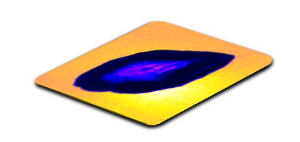
Batteries
Solid-State, Metal-Air and Membrane Batteries are all energy storage technologies serving a specific need, e.g. decrease weight by using polymers, improving life cycle through organic ion exchange, or excluding the O2 to increase the energy density . neaSCOPE users combines several neaspec technologies to access chemical composition at the nanoscale and thus advance this vital research filed.
Recommended product: IR-neaSCOPE+s
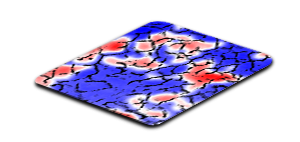
Hydrogen Storage Medium
Hydrogen can be stored either as gas or in liquid form requiring extreme storage conditions like high pressure or low temperatures. More safe storage conditions are available in metal hydrides (MgH2), storage media which comes with attractive additional features e.g. low cost, abundant resource and light weigh. neaSCOPE users investigate Hydrogen diffusion processes in Magnesium on the nanometer scale to improve the storage capacity and advance clean fuel cell technology.
Recommended product: IR-neaSCOPE+s
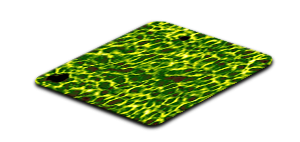
Organic Photovoltaics
Organic photovoltaics hold great potential for cost-effective and sustainable device productions. Production optimization is extensively studied especially with electron-based investigation techniques. In contrast to electrons, AFM-IR technology uses IR photons which extends the structural investigation beyond the top atomic layer complementing industrial nanoscale investigation methodology and is applicable to other thin-film materials, e.g. sensors, electronic equipment or semiconductor devices.
Recommended product: IR-neaSCOPE
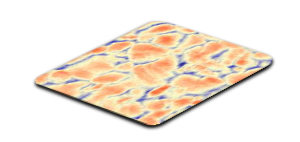
Perovskite Films
Perovskites belongs to novel energy materials with high power conversion efficiency and low production costs. It is however the limited operational lifetimes which hinders this technology to become commercially available. To bypass this shortcoming, neaSCOPE users investigates nanometer-sized polycrystalline perovskite films correlating morphology with chemical and electrical properties.
Recommended product: IR-neaSCOPE+TERs




